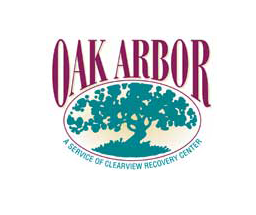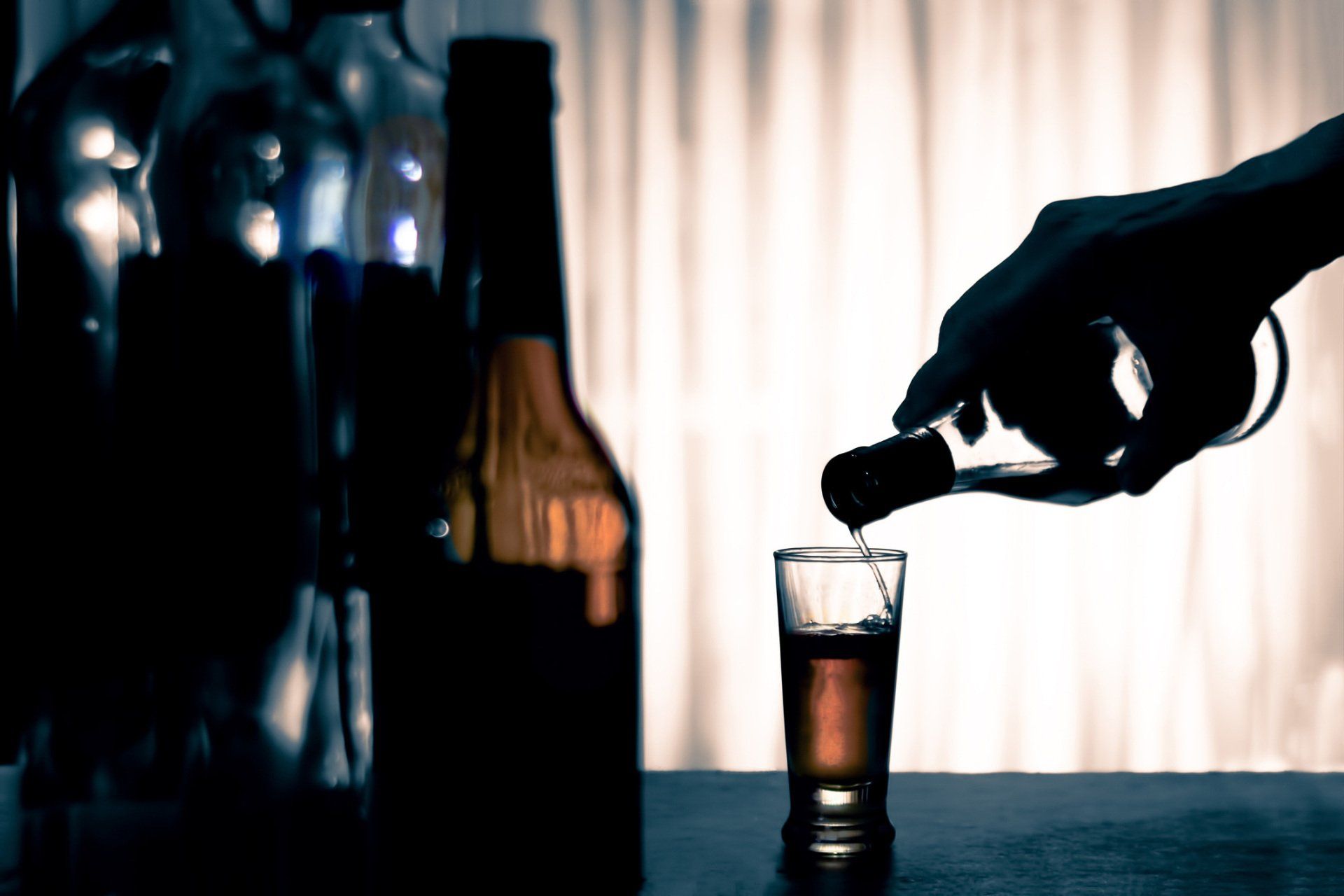Understanding Post-Treatment Addiction Triggers
- By Admin
- •
- 02 Jun, 2020
- •

Treatment for alcohol or drug addiction can provide you with a major change of direction for the better, but you must maintain that newfound health and wellness after you complete your treatment program. You may find yourself confronting individuals, environments, and cultural biases that tend to rekindle those unwanted urges.
Once you know how to recognize these potential triggers, you can employ sensible strategies to avoid them or minimize their effects on your resolve. Here are some particular kinds of stimuli that might threaten your new way of life, along with smart responses that can help you remain healthy and happy.
Addiction and Destructive Relationships
The bonds you maintain with friends and family members may prove critical for your recovery, but in some cases they can also imperil it. If you grew up with abusive, domineering, or unsupportive parents, for instance, you may find that family reunions trigger a desire to numb the recurrence of old feelings.
Friendships may also pose problems during your recovery, especially if peer pressure to abuse drugs or alcohol played a major role in those relationships. Some friends may feel that you have changed in ways that they don't like, which can cause emotional friction and trigger the urge to abuse substances.
Both cognitive therapy and group therapy can help to prepare you for these eventualities. You can also seek out a positive-minded and supportive friend to help you rehearse how you'll react in specific family situations or social gatherings. You might even decide to end particularly toxic relationships for your own good.
Addiction and Public Places
Some individuals in recovery discover that specific environments set off their substance abuse triggers. For instance, you may have memories of past drinking or drug use attached to a particular bar, house, street, or neighborhood. Even a specific restroom, freeway exit, or workplace might set off your triggers.
Fortunately, you can remove many environmental triggers simply by avoiding them. Think carefully about where you used to drink, purchase drugs, or hide contraband. You may need to alter your weekday commute, frequent different shopping areas, or take other steps to keep yourself away from these triggers.
Addiction and Your Home
If you regularly abused drugs or alcohol in the privacy of your home, even this escape from the outside world can stir up associations that make you want to resume your old behaviors. While some people might actually choose to move, many others don't have this option readily available to them.
You can remain in your beloved home despite its ability to trigger your addictive behaviors as long as you make some necessary changes to it. These changes may involve basic cosmetic alterations. When you repaint walls or rearrange furniture, you can have a home that no longer presents obvious visual triggers.
Addiction and Popular Media
Modern media often portrays alcohol or drug abuse in an amusing or harmless light, from humorous statements related to mommy wine culture to the sharing of countless social media posts that enthusiastically endorse these behaviors. Various movies, books, and songs have all romanticized substance abuse.
You may find it especially difficult to escape the deluge of such media in today's Internet-dependent world. Studies even suggest that choosing to like, share, or comment on social media posts related to substance abuse may actually reinforce chemical dependency. Over time, the brain becomes conditioned to accept them as normal attitudes.
Problematic media may include more than just social media channels or websites. Certain books, movies, or TV shows which you once enjoyed while under the influence, or which specifically address substance abuse in their content, might set off your addiction triggers.
Avoidance of media-based triggers, at least in the short term, can help you build up a resistance to their effects on you. Remove certain bookmarks or avoid specific websites that concern themselves primarily with substance abuse. Resist the urge to like or share social media posts that celebrate drugs or alcohol.
You don't have to escape from everyday life to master your addictive behavior; you just need the right guidance and forethought to create and maintain the life you truly want. Contact Oak Arbor to get started on your path to recovery.





